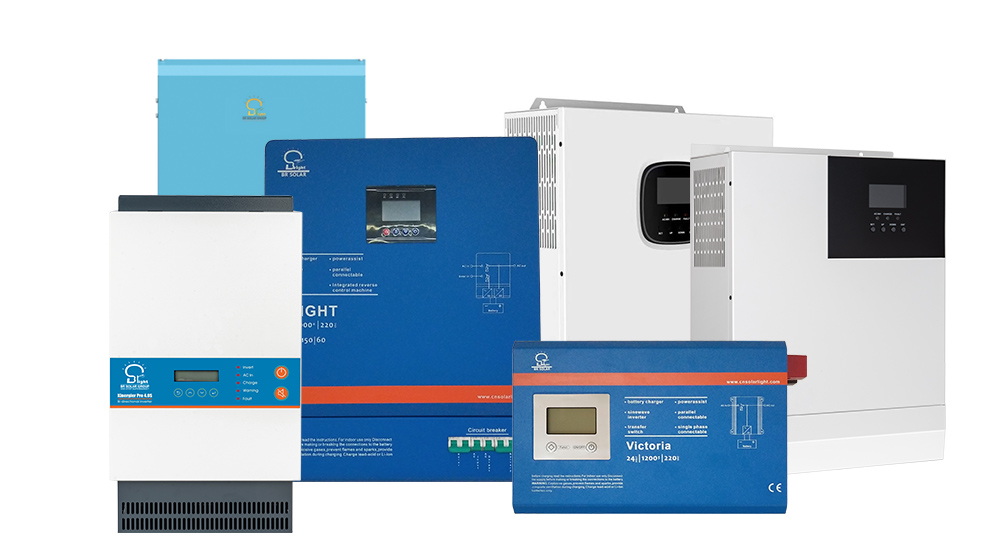Hey, guys! Didn’t talk to you about systems last week. Let’s pick up where we left off. This week, Let’s talk about the inverter for solar energy system.
Inverters are critical components that play a crucial role in any solar energy system. These devices are responsible for converting direct current (DC) electricity generated by solar panels into alternating current (AC) electricity that we can use in our homes and businesses.
The position of inverters in a solar energy system is also vital. In most systems, inverters are located near the solar panels themselves, typically mounted on the side of the house or under the eaves. This configuration helps to minimize the distance between the panels and the inverters, reducing energy losses from transmission over long distances.
In addition to converting DC to AC electricity, modern inverters also feature other important functions. For instance, they can monitor the performance of each solar panel, ensuring that the entire system is functioning optimally. They can also communicate system performance data to homeowners or solar energy providers and even allow for remote monitoring and diagnostics.
Power frequency inverters and high frequency inverters are two types of inverters commonly used in the market today. They differ in terms of their performance, features, and application fields.
Power frequency inverters are traditional inverters that operate at a frequency of 50 Hz or 60 Hz, which is the same as the grid frequency. They are commonly used for motor control applications, such as in pumps, fans, and air conditioning systems. They provide good stability and reliability, and are relatively simple to operate and maintain.
High frequency inverters, on the other hand, operate at frequencies above 20 kHz. They are more flexible and efficient compared to power frequency inverters, and are commonly used in automotive, aerospace, and renewable energy applications. High frequency inverters provide faster response times, higher power density, and quieter operation. They are also lighter and more compact compared to their power frequency counterparts.
When choosing between a power frequency inverter and a high frequency inverter, it is important to consider the specific application requirements and the performance specifications of both types of inverters. Factors such as power rating, efficiency, output waveform, and control features should be taken into account. It is essential to select an inverter that is capable of meeting the requirements of the application, while still providing the necessary performance and operating characteristics.
If you have any question about the inverter or you are just confused by the choice of inverter for your solar energy system, please feel free to contact us!
Mob./WhatsApp/Wechat:+86-13937319271
Mail: [email protected]
Post time: Aug-18-2023

